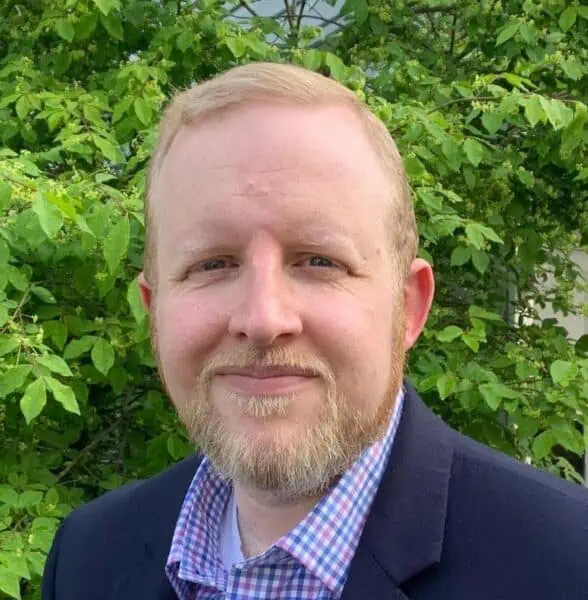The Power of AI-driven Healthcare: HLTH 2024 Conference Recap
The Power of AI-driven Healthcare: HLTH 2024 Conference Recap


Senior Vice President
More than 12,000 industry professionals descended on the Venetian Expo Center in Las Vegas this past week for the annual HLTH conference. The four-day event, which featured Microsoft and Google among its exhibitors, showcased some of the industry’s newest and most groundbreaking healthcare technologies. Speakers included celebrities Halle Berry and Lenny Kravitz as well as First Lady Dr. Jill Biden, who spoke on the White House’s announcement of $110 million in grant funding for women’s health research.
As expected, AI dominated the sessions, panel discussions, and exhibit floor, with participants touting technology developed to ease administrative burdens on clinicians and improve the patient experience. On the heels of releasing a survey revealing that clinicians spend 28 hours a week on administrative tasks — and more than 90 percent of them would welcome AI assistance to streamline this — Google showcased its new Vertex AI Search for Healthcare, which it introduced in a trial capacity at last year’s conference. This cloud-based solution enables developers to build better AI-driven assistive technology to alleviate administrative challenges for healthcare workers.
Microsoft, which also recently unveiled a suite of new AI tools to ease clinical burdens, was also part of the exhibitor showcase. Its new technologies are designed to automate the documentation process for nurses, help physicians analyze medical images more effectively, and enable healthcare workers to build chat bot-style healthcare agents that can assist both clinicians and patients.
Amazon One Medical and GE HealthCare were among other industry leaders announcing the availability of new AI tools to alleviate administrative challenges for healthcare professionals.
In a keynote session on the topic of AI’s impact on health, Dr. Taha Kass-Hout, Global Chief Science and Technology Officer at GE HealthCare, spoke on the potential of AI to improve access to the 4.5 billion people worldwide — an astonishing number — not covered by essential healthcare services. Key takeaways from his speech included the fact that segments of the healthcare sector have traditionally been slow to adopt AI, in contrast to certain other industries, and the fact that the rising population of senior citizens is outpacing the ability of clinicians to manage their workflow efficiently.
But in an age when the threat of ransomware attacks and other cybersecurity breaches is more prevalent than ever, trust remains an issue — many consumers are generally optimistic about the use of AI in healthcare, but they need assurances that their sensitive healthcare information will be safeguarded and not misused. It remains integral for health-tech leaders to prioritize effective PR and communications and ensure they are telling their brand stories transparently and effectively.
In addition to Artificial Intelligence, other core focus areas at the conference included digital health and telehealth, food as medicine, and oral health. Here at MWW Health, the team is continuing to keep a close eye on evolving technologies and trends that impact the industry — while working closely with our valued healthcare clients to safeguard their reputations and enhance their brand storytelling.
And we want to hear from YOU. Participate in our three-minute 2024 Healthcare Communications Barometer Survey today for your chance to win a set of Apple AirPod Max headphones.
Get in touch with MWW Health: